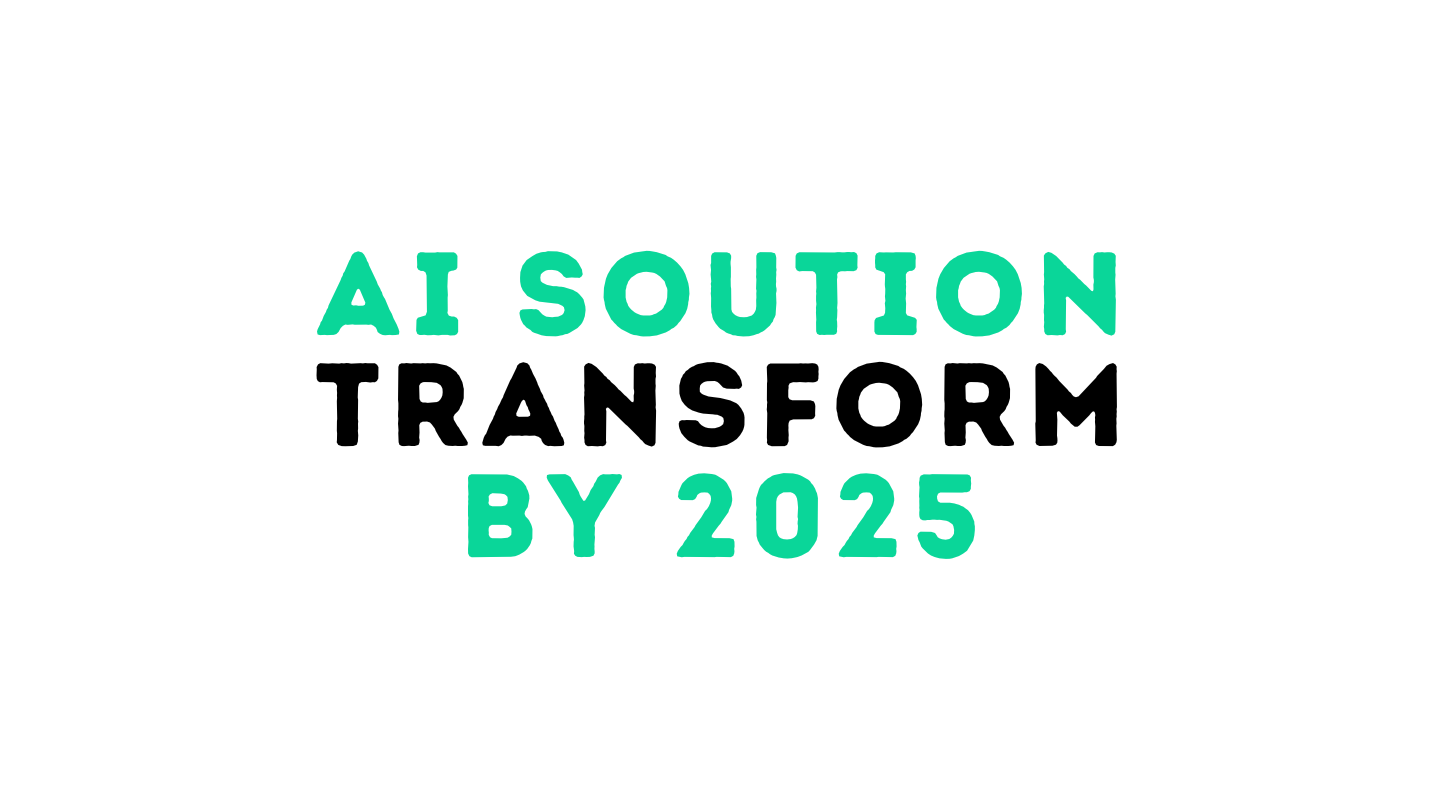Artificial Intelligence (AI) has rapidly evolved in recent years, reshaping industries, economies, and societies at large. From healthcare to finance, education to entertainment, AI is embedded in many aspects of modern life, offering tremendous potential to enhance productivity and innovation. However, as AI systems become more integrated into society, questions regarding their ethical implications and the necessary policies to govern their development and deployment have gained prominence. This column will explore the ethical concerns surrounding AI, the potential risks and benefits, and provide policy recommendations to ensure AI technologies are used responsibly and for the greater good.
1. The Ethical Challenges of AI Technologies
As AI continues to advance, it raises several ethical concerns. These concerns stem from the complex nature of AI and the speed at which it is developing. The most pressing ethical challenges can be grouped into the following areas:
A. Privacy and Surveillance
AI technologies, particularly machine learning algorithms, are capable of processing vast amounts of data, much of it personal and sensitive. From facial recognition systems to predictive analytics, AI can be used to track individuals’ behaviors, preferences, and even emotions. The risk of mass surveillance, coupled with the potential for data breaches or misuse, is a growing concern. Governments, corporations, and other organizations must take steps to ensure that the personal data of individuals is protected and that their privacy is respected.
B. Bias and Fairness
AI systems are only as good as the data used to train them. If the data is biased, the resulting algorithms will inherit those biases, leading to discriminatory outcomes. This is particularly concerning in areas such as criminal justice, hiring practices, and lending, where biased algorithms can exacerbate existing social inequalities. For example, AI systems used in policing and sentencing may disproportionately target certain racial or ethnic groups, perpetuating systemic discrimination. Ensuring fairness in AI involves creating transparent, unbiased datasets and continuously auditing AI systems to ensure they are fair and impartial.
C. Autonomy and Decision-Making
AI systems are increasingly being used to make decisions that affect people’s lives. From autonomous vehicles making split-second driving decisions to AI-based medical diagnostics determining treatment options, these systems have the potential to save lives or cause harm. The ethical dilemma lies in the question of autonomy—should machines be trusted with making critical decisions, or should human oversight always be required? Moreover, if an AI system makes a harmful decision, who is responsible? These questions highlight the need for clear accountability and transparency in AI decision-making processes.
D. Job Displacement and Economic Inequality
As AI systems become more capable of performing tasks traditionally done by humans, there is growing concern about job displacement. Automated systems in manufacturing, transportation, and customer service are already replacing human workers, and more industries will likely follow suit. While AI has the potential to create new job opportunities, these benefits may not be evenly distributed. People with low-skilled jobs or in industries most affected by automation are at risk of being left behind, exacerbating economic inequality. Policies must address these concerns by providing support for retraining, reskilling, and ensuring fair economic opportunities for all.
E. Security and Control
AI technologies also pose security risks. Autonomous weapons, deepfake technology, and AI-driven cyberattacks are examples of how AI can be weaponized or used maliciously. Ensuring that AI remains under control and does not lead to unintended consequences is a key ethical concern. Additionally, as AI systems become more autonomous, the possibility of “black box” behavior—where the AI’s decision-making process is not transparent to human operators—raises concerns about accountability and control. Clear guidelines must be established to ensure AI systems are secure, accountable, and under human control.
2. Policy Recommendations for Ethical AI Development
To address the ethical concerns raised by AI technologies, governments, international organizations, and the private sector must work together to create policies that promote responsible development and use of AI. The following policy recommendations aim to mitigate the risks associated with AI while maximizing its benefits for society.
A. Establish Ethical Guidelines and Standards
Governments and regulatory bodies should work to establish clear ethical guidelines and standards for the development and deployment of AI technologies. These guidelines should cover areas such as privacy protection, fairness, accountability, transparency, and human rights. The goal should be to ensure that AI systems are designed with ethical principles in mind, and that they adhere to these standards throughout their lifecycle. International cooperation is essential in creating these standards, as AI is a global phenomenon that transcends national borders.
B. Promote AI Transparency and Explainability
AI systems, particularly those based on deep learning, are often described as “black boxes” because their decision-making processes are opaque. To ensure accountability and trust, it is essential that AI systems be transparent and explainable. Policymakers should encourage research into AI explainability and establish regulations requiring that AI decisions be traceable and understandable to human users. This would allow individuals to understand how decisions affecting them are made and provide a mechanism for challenging unfair or biased outcomes.
C. Implement Data Protection and Privacy Laws
As AI relies heavily on data, robust data protection and privacy laws are necessary to safeguard individuals’ rights. These laws should limit the collection, use, and sharing of personal data without explicit consent. Additionally, regulations should require that AI systems comply with existing privacy laws, such as the General Data Protection Regulation (GDPR) in the European Union. Furthermore, individuals should have the right to know what data is being collected about them and how it is being used by AI systems.
D. Ensure Fairness and Address Bias in AI
To address the issue of bias in AI, policymakers should require that AI systems undergo regular audits for fairness and accuracy. These audits should include testing for bias in algorithms and datasets and should involve diverse, multidisciplinary teams to assess potential social impacts. Policymakers should also incentivize the creation of diverse and representative datasets to ensure that AI systems are trained on data that reflects the full spectrum of human experiences. In addition, legal frameworks should be put in place to hold companies accountable for any discriminatory outcomes caused by AI systems.
E. Support Retraining and Reskilling Programs
With the rise of automation, workers displaced by AI systems will need support to transition to new careers. Governments should invest in retraining and reskilling programs to help workers acquire the skills needed for jobs in emerging industries. These programs should focus on high-demand fields such as technology, healthcare, and renewable energy. Additionally, policymakers should encourage businesses to collaborate with educational institutions and workforce development programs to ensure that the workforce is prepared for the future of work.
F. Promote International Collaboration and Regulation
AI is a global technology that requires international cooperation to address its ethical challenges. Policymakers should work together to establish global norms and regulations for AI development. This includes creating frameworks for the ethical use of AI in defense, healthcare, and finance, as well as ensuring that AI systems are developed in ways that align with international human rights standards. Collaborative efforts should also focus on sharing knowledge and best practices to promote AI for social good, while preventing its misuse.
G. Encourage Public Engagement and Awareness
Finally, public engagement is crucial in the ethical development of AI. Policymakers should encourage open dialogue between AI developers, governments, and the public to ensure that AI technologies reflect societal values and address the concerns of all stakeholders. This could include public consultations, participatory decision-making processes, and educational campaigns aimed at raising awareness about AI’s ethical implications.
3. My Opinions
The rapid development of AI technologies presents both immense opportunities and significant ethical challenges. From privacy concerns to job displacement, AI has the potential to reshape every aspect of our lives. As we move forward, it is essential that policymakers, industry leaders, and the public work together to ensure that AI is developed and deployed responsibly. By establishing ethical guidelines, ensuring fairness, promoting transparency, and supporting workers through transitions, we can harness the power of AI while minimizing its risks. The ethical and policy decisions made today will shape the future of AI, and it is our collective responsibility to ensure that this future is one that benefits all of humanity.
I believe that both AI and technological advancements should ultimately serve the well-being, happiness, and the enhancement of humanism. It is crucial that we do not overlook or ignore this fundamental purpose. The progress of technology should be driven by the goal of improving the quality of life for all individuals, fostering human dignity, and contributing to a more compassionate and equitable society. As we develop and deploy AI and other technologies, we must ensure they align with the values of humanity, ensuring that innovation serves the greater good rather than just technological advancement for its own sake.


